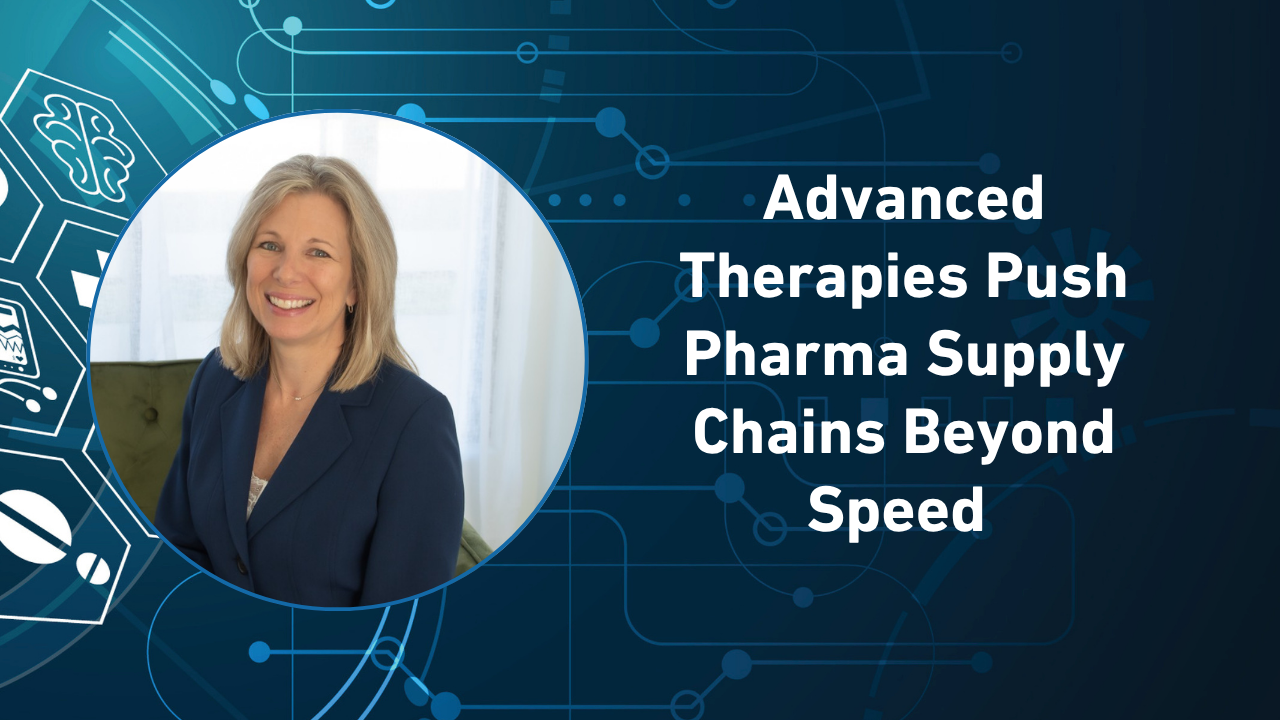When it comes to health, trust should be non-negotiable. But let’s be honest: we can’t put blind faith in the government to look out for our well-being. Whether it’s downplaying risks, cozying up to corporate interests, or drowning vital information in bureaucratic spin, history shows us that official agencies often serve politics and profit before people.
A Broken Trust
We’ve seen it play out again and again. Government health agencies are quick to reassure the public, but slow to admit mistakes or acknowledge uncertainty. They selectively choose data that supports a narrative. They issue guidance, then quietly reverse it months later without ever acknowledging that they got it wrong. This isn’t just frustrating—it’s dangerous. It leaves patients, families, and communities questioning what to believe.
And here’s the most brutal truth: when people lose trust in official institutions, they don’t stop looking for answers—they look elsewhere. Unfortunately, that “elsewhere” often ends up being social media echo chambers or influencers who prioritize clicks over accuracy.
The Vacuum of Reliable Health Information
So who steps in? Currently, no one is filling the void in a comprehensive, trustworthy, and accessible manner. Pharma companies? Their mission is profit, not public service. News outlets? They’re caught between breaking a story and chasing ad revenue. The government? Too politicized to be consistent.
This leaves the public in a perilous position: overwhelmed by conflicting messages, confused about what’s real, and forced to make life-or-death decisions in the fog of misinformation.
What We Actually Need
If the government can’t be the gold standard for reliable health information, then the responsibility shifts. What we need is:
- Independent verification bodies that aren’t funded by pharma, insurance, or politics.
- Medical professionals who can speak directly and openly with patients without being drowned out by red tape.
- Digital platforms that prioritize medically sound, peer-reviewed sources over viral health “hacks.”
- Transparency above all else—admitting what we don’t know can build more trust than pretending to have all the answers.
Health information isn’t just another consumer product—it’s survival. If our government continues to fail as a trustworthy source, then it’s time for new leaders—such as professional associations, health nonprofits, and independent research institutions—to step up.
Because here’s the bottom line: people will find health information one way or another. If we don’t create a reliable, independent, and transparent source, misinformation will continue to fill the gap. And that puts all of us at risk.










